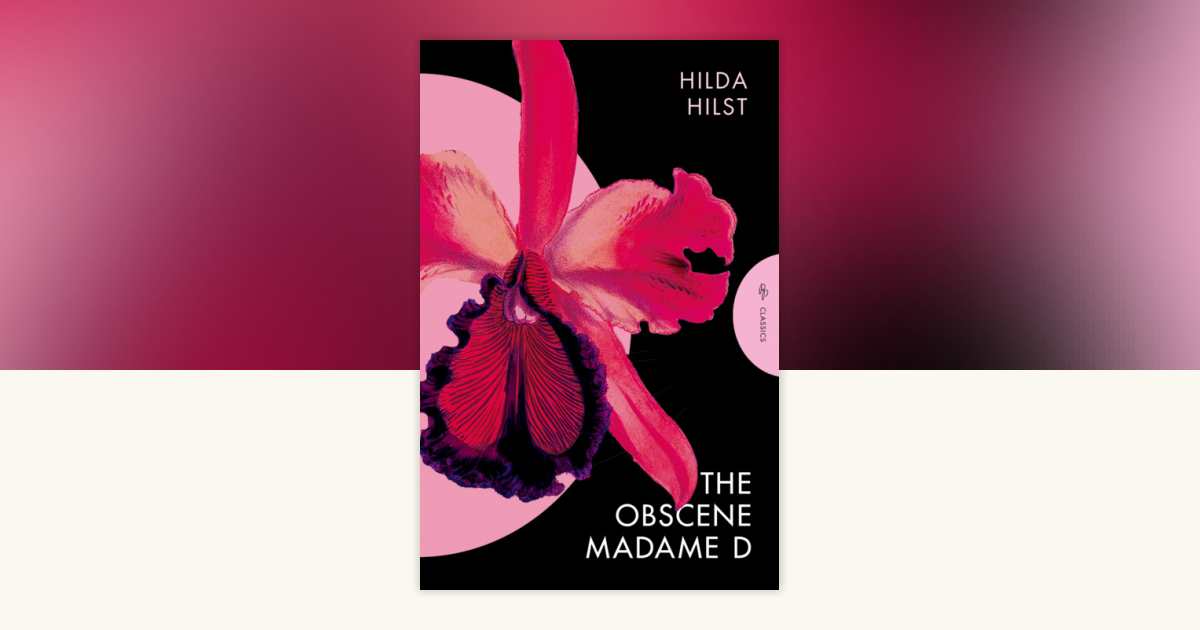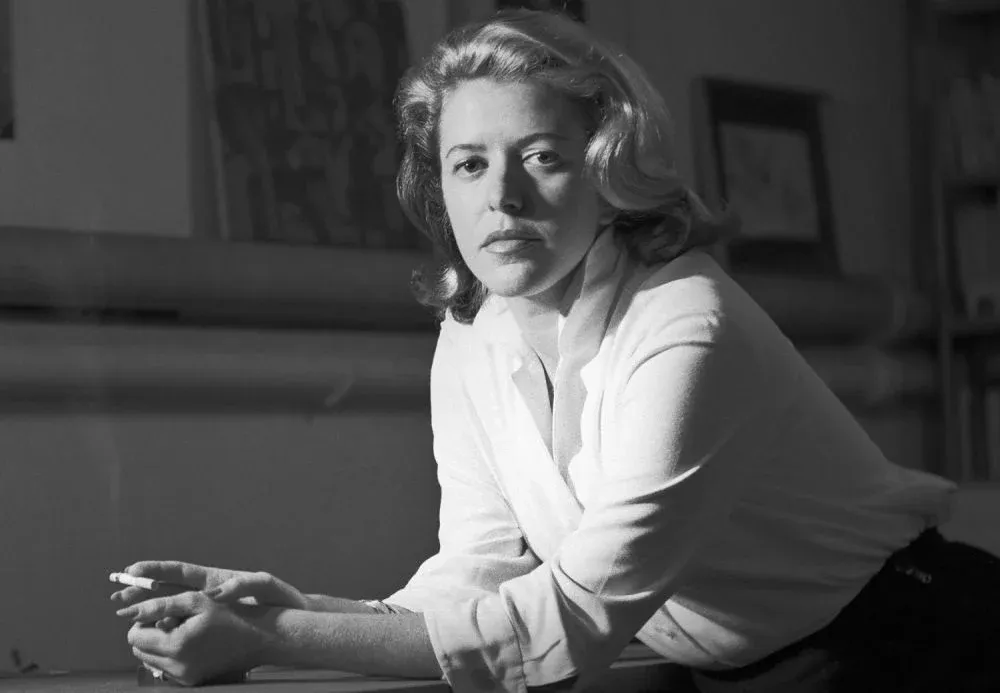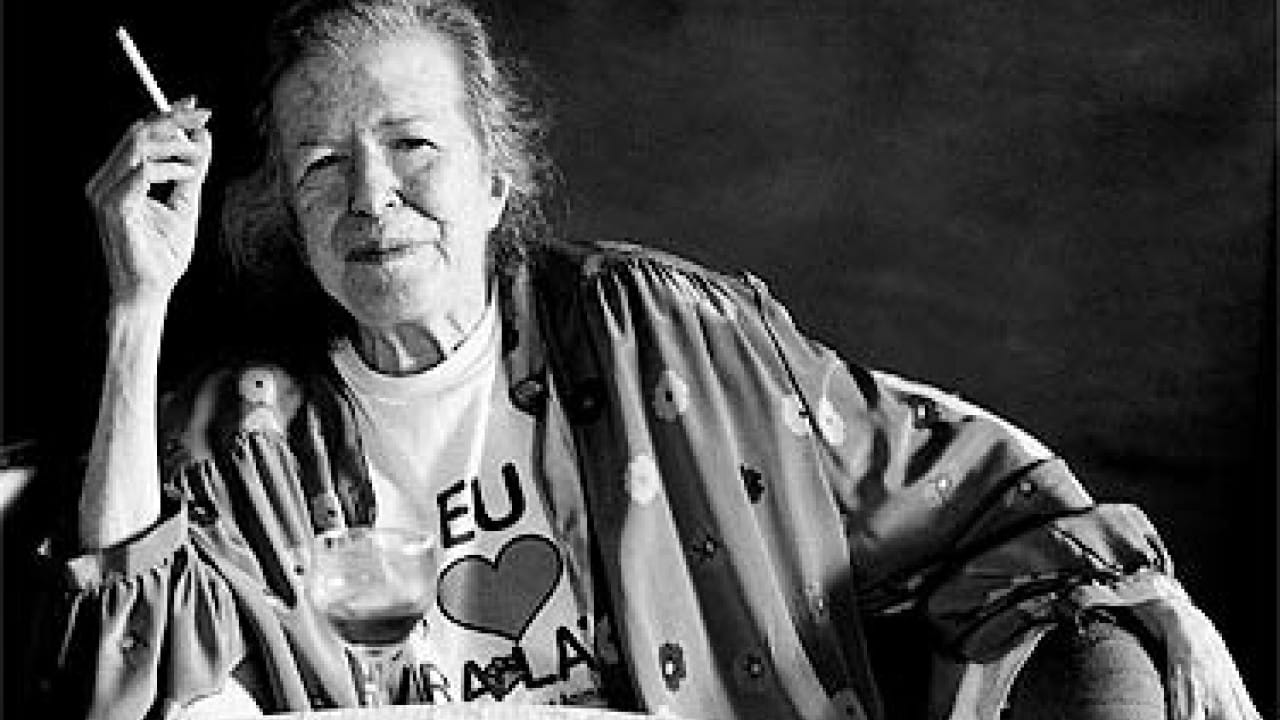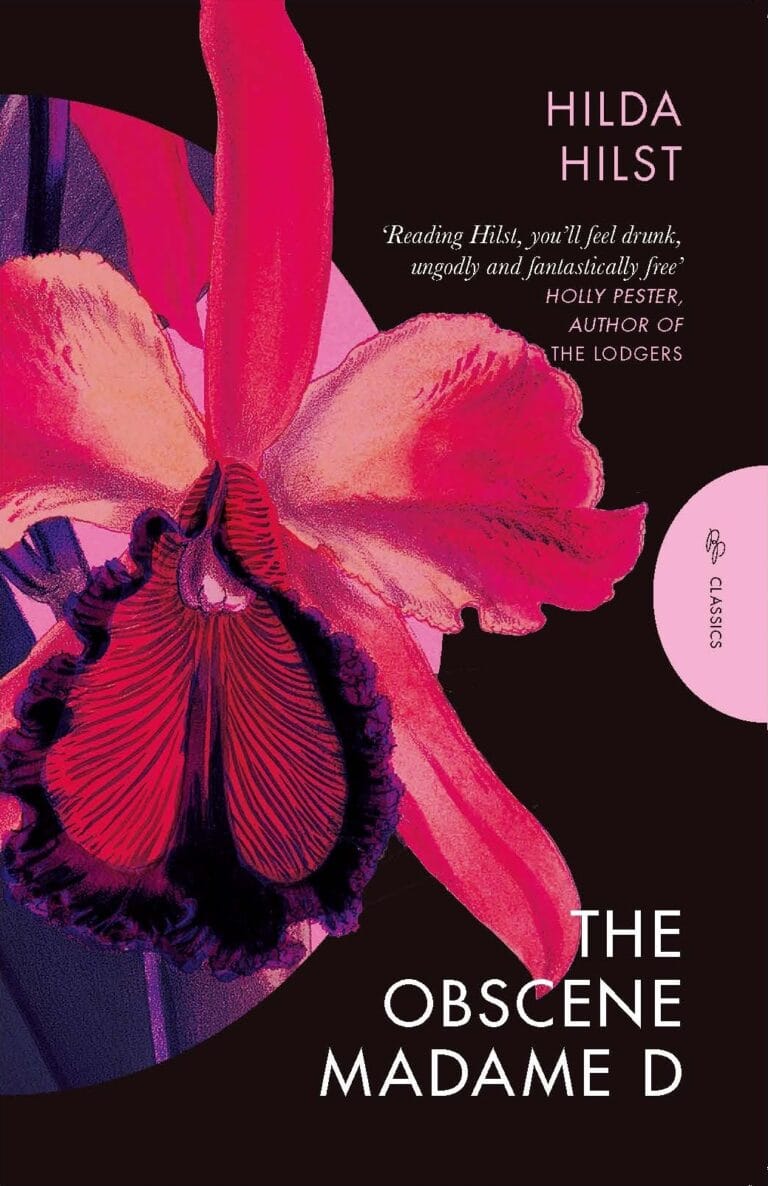A Descent into Desire: Hilda Hilst's "The Obscene Madame D"
For queer readers seeking literature that honors complexity of desire and the courage to live authentically, it celebrates the transformative power of refusing to be contained by others' definitions of acceptable existence

Hilda Hilst's "The Obscene Madame D," now available in a masterful new English translation (Translated by Nathanaël, Rachel Gontijo Araujo) arrives like a fever dream wrapped in philosophical inquiry—a work that refuses easy categorization and demands to be felt as much as read. This slim but potent volume offers queer readers a mirror that reflects not just desire, but the very architecture of longing itself.
The novella follows Hillé, a woman whose sexual and intellectual hungers intertwine in ways that blur the boundaries between the sacred and profane. Hilst's protagonist exists in a liminal space that will feel familiar to anyone who has ever questioned prescribed roles or felt the weight of society's expectations pressing against their authentic self. Hillé's journey into extremity becomes a meditation on the courage required to live outside conventional frameworks—a theme that resonates powerfully within queer experience.
In it's striking unflinching examination of desire as a force that transcends gender, convention, and even coherent identity. Hilst doesn't offer us neat categories or comfortable resolutions. Instead, she presents desire as fundamentally queer in its ability to destabilize, transform, and liberate. The book's exploration of fluid sexuality and its rejection of heteronormative assumptions feel contemporary, despite being written decades ago.
Metaphorically, "The Obscene Madame D" operates as an extended meditation on the relationship between creative expression and sexual liberation. Hillé's descent into what others might call madness becomes, in Hilst's hands, an ascent toward authentic being. The obscenity referenced in the title isn't merely sexual—it's the obscenity of refusing to conform, of insisting on one's right to exist fully and completely in a world that demands sanitized versions of human experience.

Hilst's prose marry the lyrical with the visceral. Her sentences pulse with an urgency that mirrors her protagonist's internal state, creating a reading experience that feels both intimate and universal. The writing moves between poetry and philosophy, between the earthly and transcendent, with a fluidity that few authors achieve. Each paragraph builds upon the last, creating a cumulative effect that lingers long after the final page. Every other page had me reaching for the dictionary to delve after a word, a delight for this reviewer.
Hilst, who lived much of her adult life in relative isolation on a farm in São Paulo, was known for her fierce independence and her rejection of literary establishment expectations. While she maintained long-term relationships with both men and women, she resisted labels and lived according to her own terms—a biographical detail that illuminates the radical authenticity that permeates her fiction. Her commitment to exploring the full spectrum of human experience, regardless of social acceptability, positioned her as a singular voice in Brazilian literature.
Hilst demands active engagement from her readers, asking us to follow her protagonist through psychological territories that can be unsettling and disorienting. The narrative structure mirrors its protagonist's mental state, requiring readers to abandon linear expectations and embrace a more fluid, associative form of storytelling. The philosophical density can be challenging, while others might struggle with the explicit nature of the content.

This is what makes "Madame D" so memorable. This is a book that refuses to be forgotten, that continues to work on the reader's consciousness long after the reading experience ends. It's a reminder that the most important literature often asks us to confront aspects of ourselves and our world that we'd rather leave unexamined.
For queer readers seeking literature that honors the complexity of desire and the courage required to live authentically, "The Obscene Madame D" offers a profound and necessary experience. It's a work that celebrates the transformative power of refusing to be contained by others' definitions of acceptable existence—a message that remains as vital today as when Hilst first penned these provocative pages.
"The Obscene Madame D" is published by Pushkin Press Classics and is available now in bookstores and online £9.99






Comments ()